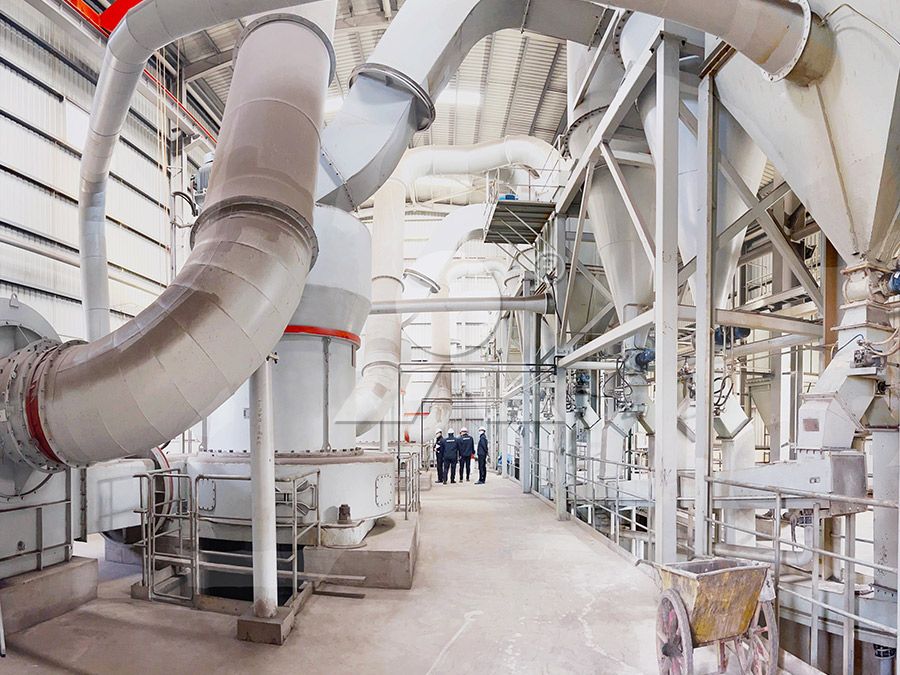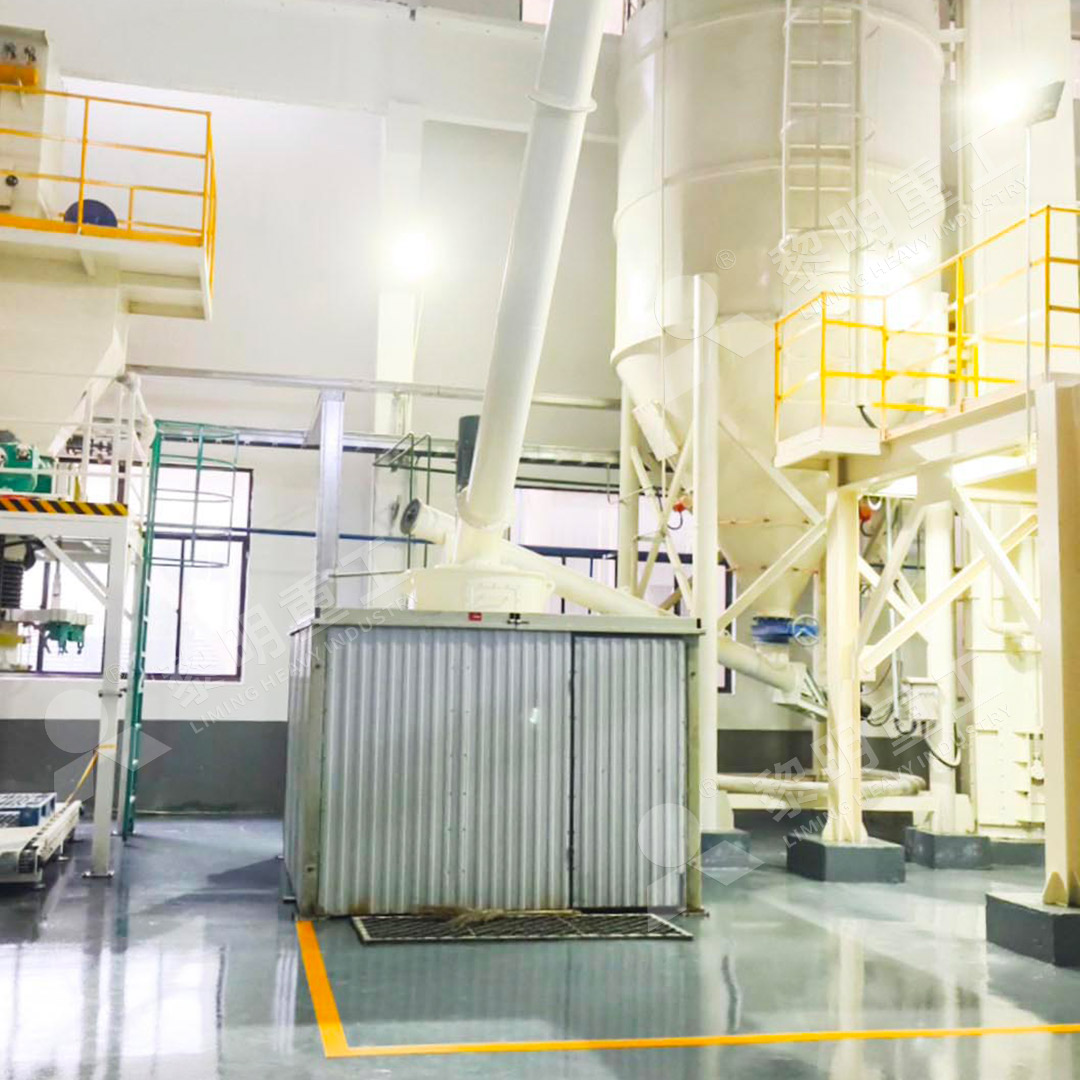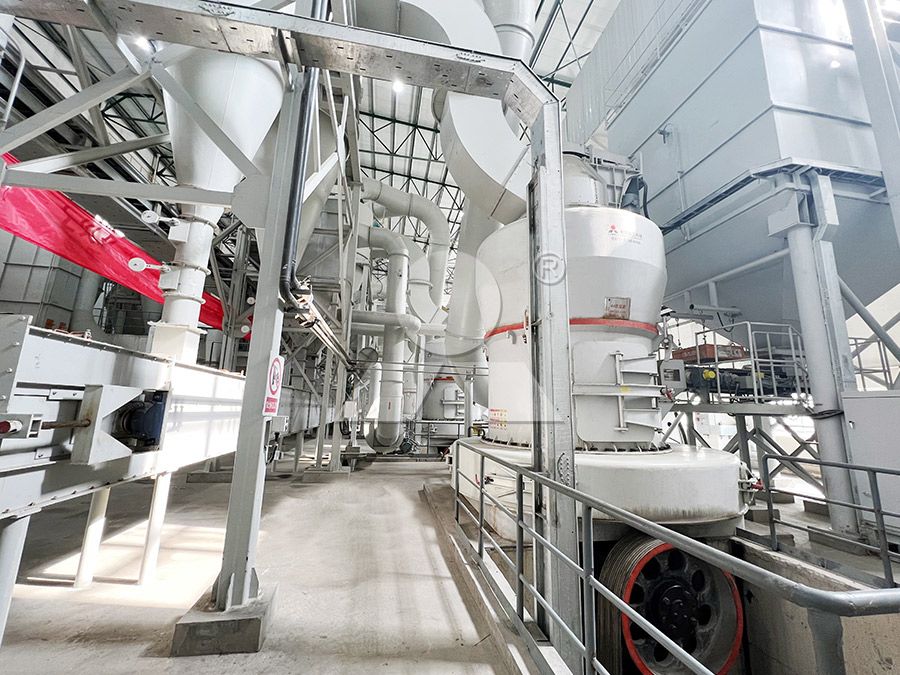Raymond Mill for 300 Mesh Asbestos Powder Production
Precision Grinding Solutions for Asbestos Processing
In industrial mineral processing, achieving consistent 300-mesh fineness for asbestos powder presents significant technical challenges. Asbestos fibers require specialized milling equipment that can handle their unique structural properties while maintaining precise particle size distribution and minimizing environmental impact.

The Critical Role of Proper Milling Equipment
Traditional grinding mills often struggle with asbestos processing due to the material’s fibrous nature and specific health and safety requirements. The ideal milling solution must deliver consistent 300-mesh output while incorporating robust dust collection systems and maintaining operational efficiency. After extensive field testing and customer feedback, our engineering team has identified that conventional Raymond mills, while serviceable, often fall short in meeting modern production standards for asbestos powder.
We’ve observed that many operations using standard equipment experience challenges with particle distribution consistency, excessive energy consumption, and inadequate dust control. These limitations directly impact product quality, operational costs, and workplace safety compliance.
Advanced Technology for Superior Results
For operations requiring high-precision 300-mesh asbestos powder, we strongly recommend considering our MW Ultrafine Grinding Mill. This advanced system represents a significant leap forward in milling technology, specifically engineered to address the unique challenges of ultrafine powder production.
The MW series incorporates German cage-type powder selector technology, enabling precise control over particle size distribution with adjustable fineness between 325-2500 meshes. This capability ensures consistent 300-mesh output while maintaining optimal production efficiency. With an input size capacity of 0-20 mm and throughput ranging from 0.5-25 tph, this equipment adapts seamlessly to various production scales.

Key Advantages for Asbestos Applications
What sets the MW Ultrafine Grinding Mill apart for asbestos processing is its innovative design approach. The absence of rolling bearings and screws in the grinding chamber eliminates common failure points and reduces maintenance requirements. The external lubrication system allows for continuous 24-hour operation without shutdowns for maintenance, significantly improving production uptime.
From an environmental perspective, the integrated efficient pulse dust collector and muffler system addresses the critical need for dust control in asbestos processing. The complete milling system operates without dust pollution, while noise reduction features ensure compliance with workplace safety standards. These environmental controls align with national environmental protection requirements, providing peace of mind for facility operators.
Performance and Efficiency Metrics
Comparative analysis demonstrates that the MW Ultrafine Grinding Mill delivers approximately 40% higher production capacity than jet grinding mills and stirred grinding mills at equivalent fineness and power consumption levels. The yield doubles that of traditional ball grinding mills while reducing system energy consumption to just 30% of jet grinding mill requirements.
For operations requiring alternative solutions, our LUM Ultrafine Vertical Grinding Mill offers complementary capabilities with input size of 0-10 mm and capacity of 5-18 tph. Its unique roller shell and lining plate grinding curve design specifically addresses material lingering time and iron content issues common in traditional grinding processes.

Implementation Considerations
Successful integration of advanced milling technology requires careful planning around feed consistency, moisture content, and production workflow. Our technical team provides comprehensive support during implementation, ensuring optimal equipment configuration and operator training. The digitalized processing with numerical control throughout manufacturing ensures high precision, particularly for core components, resulting in reliable long-term performance.
Frequently Asked Questions
What makes the MW Ultrafine Grinding Mill particularly suitable for asbestos processing?
The MW series combines precise particle size control with advanced dust collection technology, specifically addressing the health and safety requirements of asbestos processing while maintaining production efficiency.
How does the equipment handle the fibrous nature of asbestos materials?
Specially designed grinding curves and chamber configurations prevent fiber entanglement while ensuring consistent particle reduction to the target 300-mesh specification.
What maintenance requirements should we anticipate?
The absence of internal rolling bearings and screws significantly reduces maintenance needs. External lubrication systems enable maintenance without production shutdowns, while digital monitoring provides early warning of potential issues.
Can the system be adjusted for different mesh requirements?
Yes, the German cage-type powder selector allows fineness adjustment between 325-2500 meshes, providing flexibility for potential future product diversification.
What environmental compliance features are included?
The system incorporates efficient pulse dust collection, mufflers for noise reduction, and operates under negative pressure to prevent dust escape, ensuring compliance with stringent environmental regulations.
